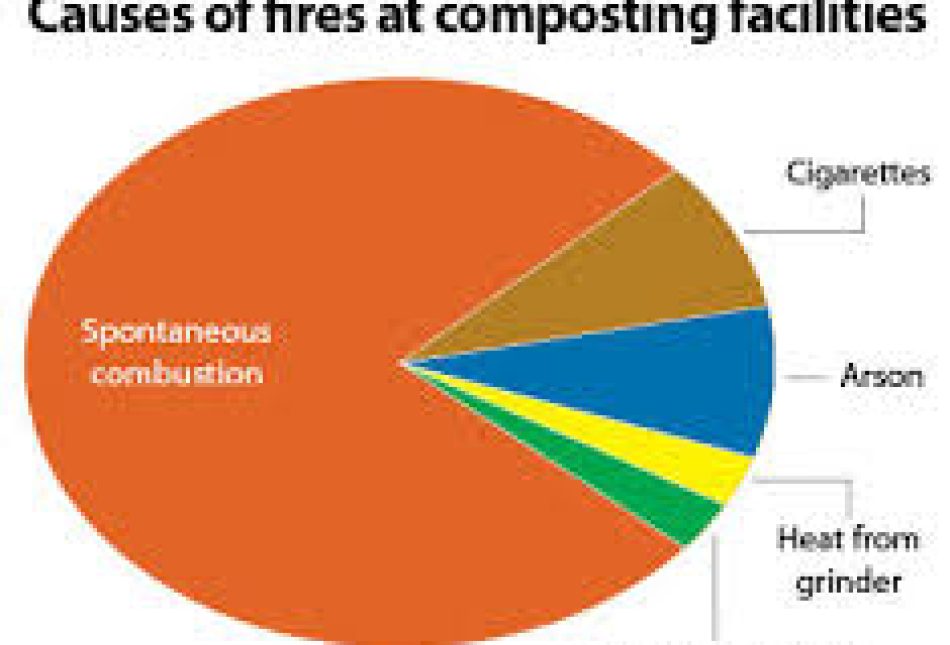RGF comments opposing PED school lunch proposal

The Rio Grande Foundation submitted the following comments to NM’s Public Education Department. You are encouraged to do the same. The comment period is open until May 29. PED’s proposed regulation can be found here.
You can comment via email Rule.Feedback@ped.nm.gov
By Mail:
Policy and Legislative Affairs Division
New Mexico Public Education Department
300 Don Gaspar Ave., Room 121
Santa Fe, New Mexico 87501
We all want high quality food items available for school meals, but have serious concerns about the specifics of PED’s latest proposal which emphasizes on-site gardening and food preparation as a means of supplying New Mexico schools with food. Specifically, the costs associated with the specific provisions would likely be astronomical and could result in food safety issues and even fire hazards. I encourage PED to “go back to the drawing board” and come up with alternative regulations that balance food quality and freshness with safety and reasonable cost concerns.
- Half of all meals shall be freshly prepared meals at an onsite kitchen: Why? What is the benefit of decentralized food preparation in onsite kitchens as opposed to a centralized facility? What will the costs of installing food prep equipment and hiring staff at schools be?
- School food authorities shall offer at least three items on a weekly basis from New Mexico farms, ranches, or food businesses: We support New Mexico farms, ranches, and food businesses, but also recognize that this regulation could impose outsized costs on schools for little or no benefit to children consuming the meals. What happens in January and February when the growing season ends? How will food variety be impacted? Are there sufficient supplies to feed thousands of New Mexico students? Finally, what is a “food business?” Does Blake’s count?
- No less than fifty percent of schools in a school food authority shall grow food on campus to be introduced into school lunch programs (or) fifty percent of schools in a school food authority shall have cafeterias with print or digital resources promoting locally sourced nutrition education: The first rule is completely unrealistic and potentially dangerous (food borne illnesses are real and can be deadly). It will require significant labor (especially during the summer growing season) not to mention the application of fertilizer and pesticides to significant tracts of land on school property. The 2nd option is a recognition that growing large amounts of food on campus is unrealistic.
- At least fifty percent of schools in a school food authority shall have a composting program in place: composting requires appropriate facilities and care. Even then they can catch fire as a South Valley compost facility did in 2018. Composting large quantities of food will require significant land and proper management. All of this requires significant human and land resources.
For the reasons outlined above and many more I urge PED to reject these proposed regulations.
